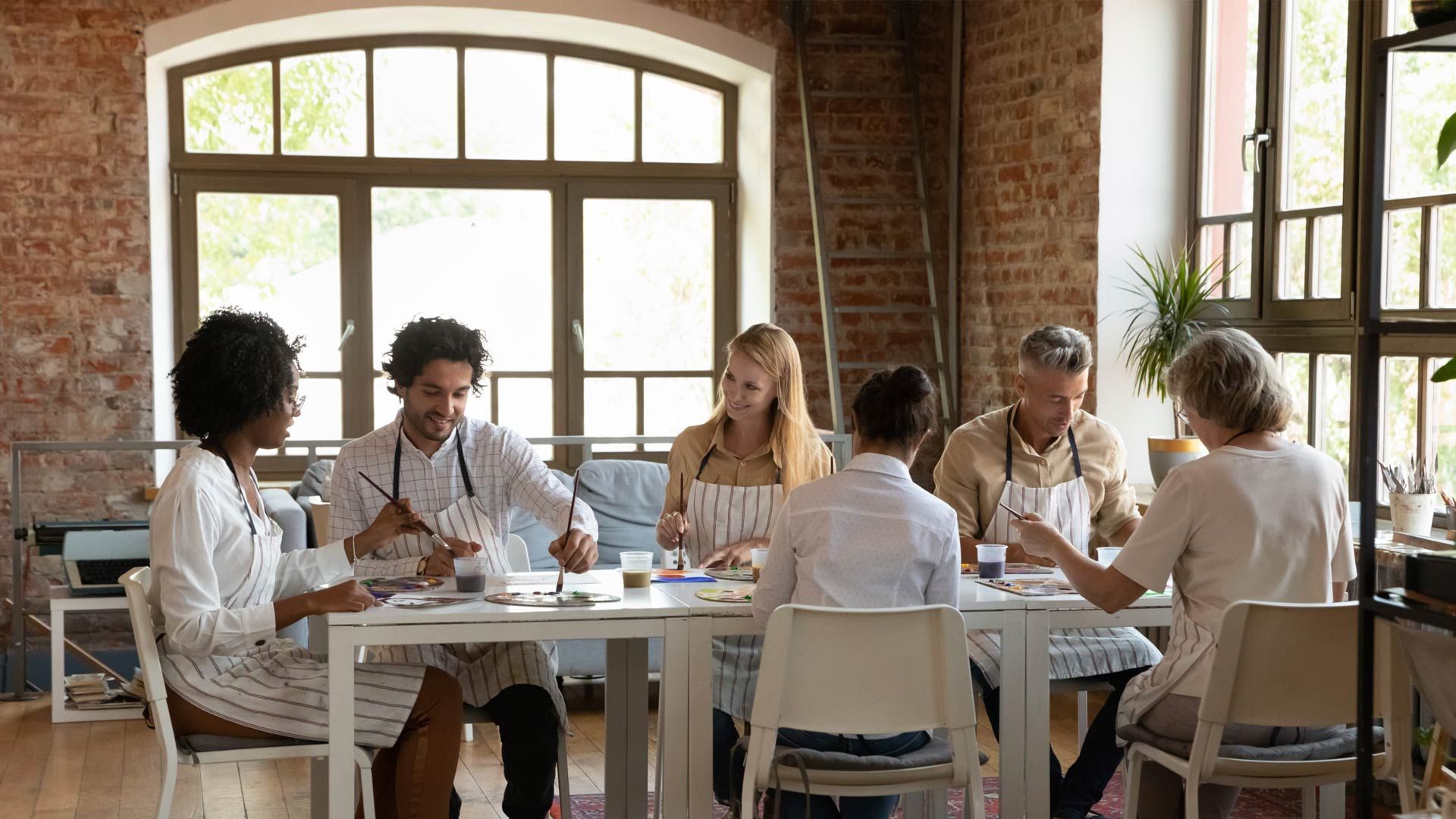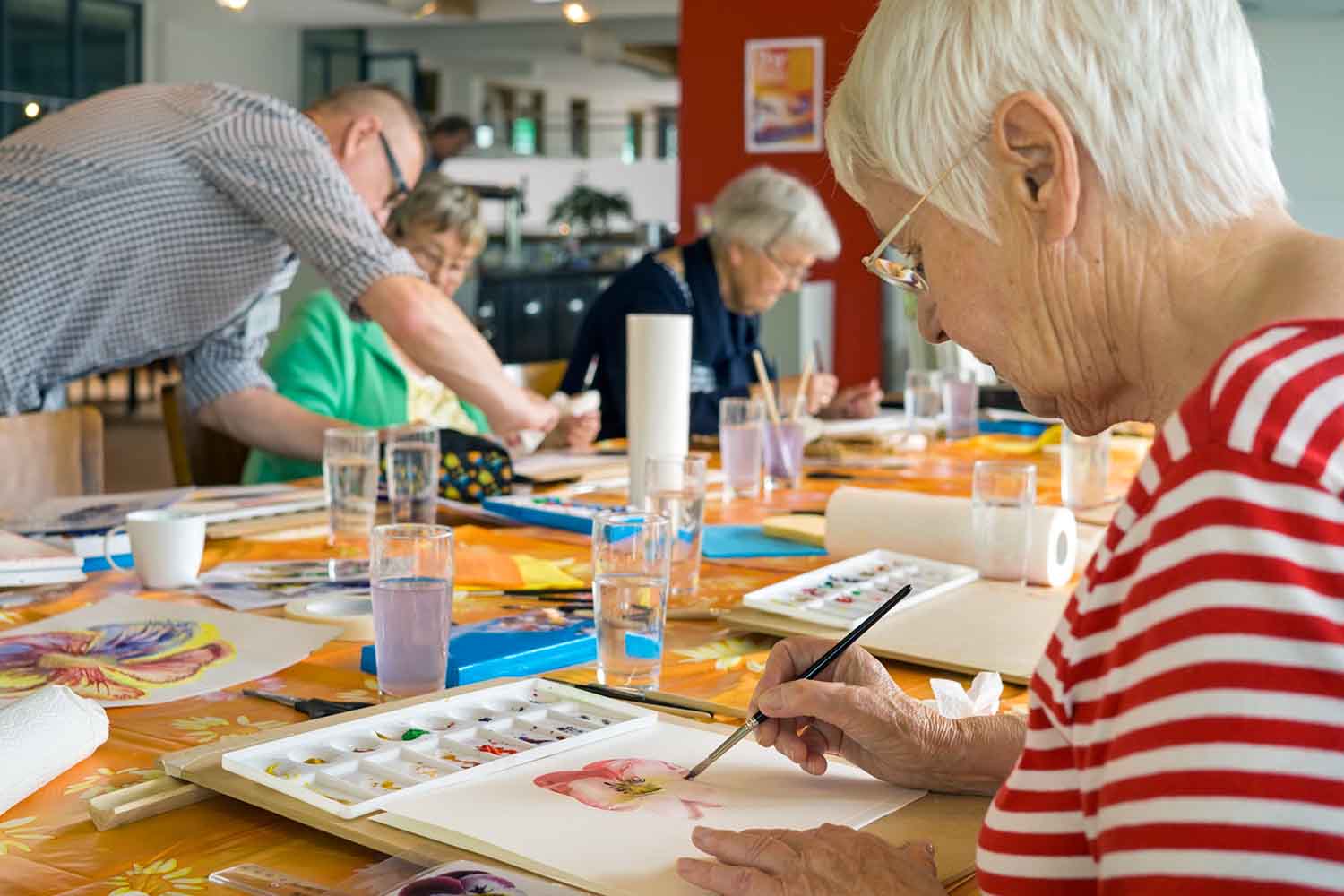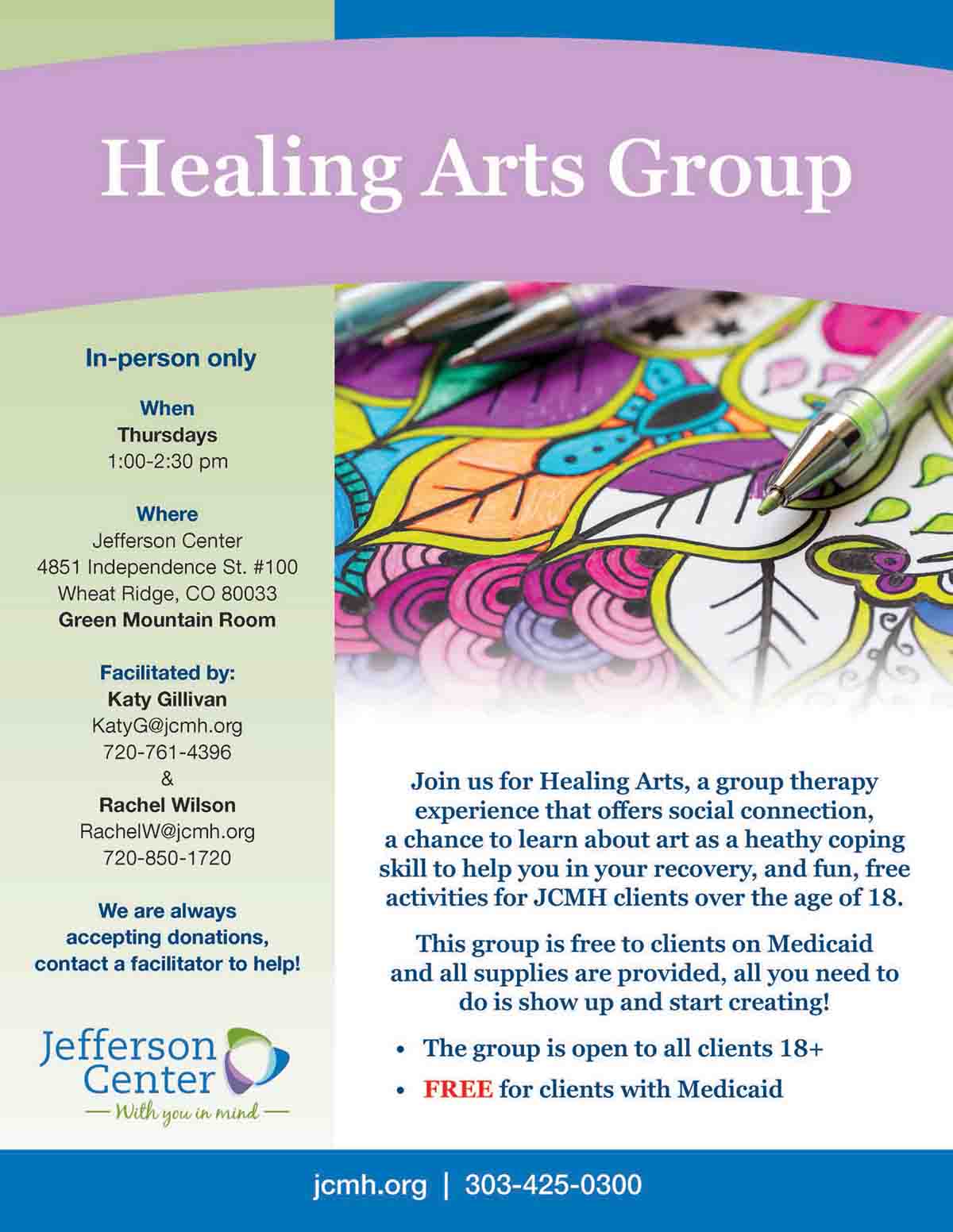Healing Through Art: Self-Expression as Therapy

Many people often find it challenging to articulate their emotions into words. Oscar Wilde once said, “Man is least himself when he talks in his own person. Give him a mask, and he will tell you the truth.” Humans have relied on the arts as a form of communication and self-expression for thousands of years. Many people take this expression and use it to fuel their passion for painting, sculpting, writing, making music, and more. But art does not always need to result in brilliance and history-making levels of quality. Artistic practice can simply be used as exercises to help treat mental health challenges and disorders, and this is known as “art therapy.”
Producing art has been used as a personal therapeutic process since the beginning of human existence began. However, it only started being professionally utilized as a mental health treatment in the 1940s. Specifically, dating back to World War II, when soldiers who suffered “shell shock,” now known as Post Traumatic Stress Disorder (PTSD), were given tasks like drawing, painting, and sculpting to help process what they experienced at war. Traumatic experiences can often be difficult to articulate into words. It is no wonder why creative arts therapies that helped mental health professionals support their patients using nonverbal expression exploded in popularity.
Different types of art therapy can include dance, writing, art/painting, drama, music, and more. Art therapy can help with everything: anxiety, depression to substance use disorders, eating disorders, and beyond. Children in school often work with art therapists to deal with social and emotional issues as well as behavioral disorders. Cancer patients undergoing chemotherapy, those suffering from eating disorders, aging seniors, incarcerated individuals, and more all use art therapy to help them express their emotions in a way that might have been more difficult using words.

Art therapy can take many forms, occurring as a one-on-one exercise between a therapist and patient or in a group setting. It can look more unstructured, even as simple as doodling, or it can come from a specific prompt. Regardless of whether or not you feel you have “artistic talent,” art therapy can benefit you by reducing stress, reducing depression, reducing trauma symptoms, helping you gain personal insight and self-esteem, and helping you develop new coping skills. It’s important to remember that art therapy is not the same as an art class. Art classes focus on technique and improving craft, while art therapy doesn’t focus on the “quality,” but rather on the self-expression of the students/clients.
Jefferson Center offers wellness classes, some of which include different forms of art as therapy. To stay up to date on the current class catalog, visit Jefferson Center’s wellness page on our website.
Jefferson Center also offers an art social group facilitated by peers of the Center. The focus is on art projects and art theory, exploring how art can be used as a healthy coping skill. Many of the clients involved in this group feel a bit isolated and work on building social skills. This art group meets in person on Thursdays from 1:00 – 2:30 PM at Jefferson Center’s Independence location: 4851 Independence St. #100, Wheat Ridge, CO 80033 (the Green Mountain Room). To learn more, contact Katy Gillivan or Rachel Wilson, whose contact information is included below.

Katy Gillivan: KatyG@jcmh.org | 720-761-1720
Rachel Wilson: RachelW@jcmh.org | 720-850-1720
Resource Categories
- Kiara’s Note – Blog
- Mental Health Matters – Blog
- Voices of Hope – Blog
- Humans of Jefferson Center
- Addiction & Substance Use
- Anxiety
- Child Mental Health
- Crisis and Trauma
- Depression
- Exercise
- Just The Facts
- LGBTQIA+ & Pride
- Medicaid
- Men’s Mental Health
- Parenting
- Recovery
- Senior and Older Adult
- Socializing
- Stigma
- Stress
- Suicide Prevention
- Support & Advocacy
- Teen’s Mental Health
- Treatment Options
- Women’s Mental Health